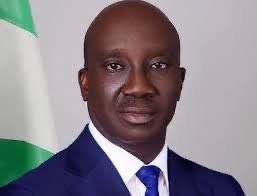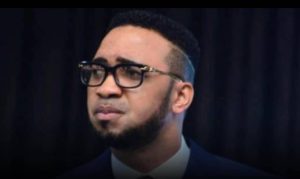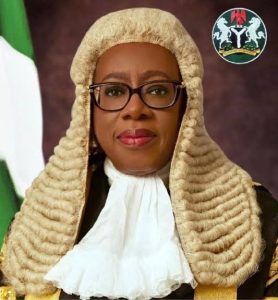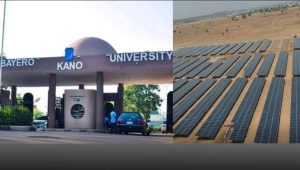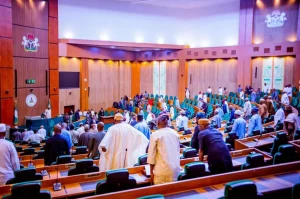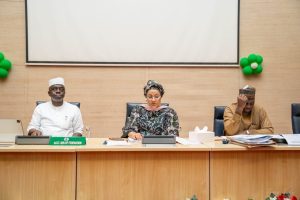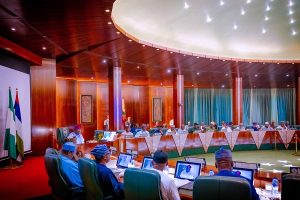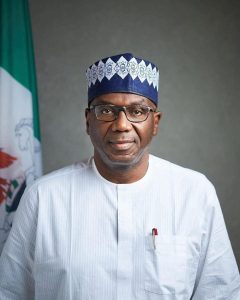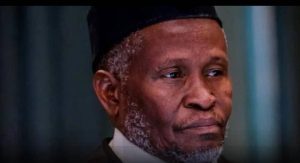By Damilare Adeleye
No fewer than thirteen (13) states of the federation have approved more than N70,000 as minimum wage for their respective civil servants, Sparklight News can report.

This was as fifteen other states are still in talks with relevant stakeholders on the implementation of the wage for their least workers.
In July 2024, President Bola Tinubu signed the minimum wage bill into law to increase the National Minimum Wage for Nigerian workers from N30,000 to N70,000 after an extensive negotiation with the national leadership of the Nigeria Labour Congress (NLC) and the Trade Union Congress (TUC).
The incremental adjustment in the wage was deemed necessary in the wake of rising high cost of living which was triggered by the removal of petrol subsidy, flotation of Naira electricity tariff hike, among other economic policies taken by President Tinubu-Led government.
In September, the Committee on Consequential Adjustments in Salaries for civil servants resolved to implement payment of minimum wage effective from July 29, 2024.
Meanwhile, only 20 out 36 states of the federation including Federal Capital Territory (FCT) have officially approved the implementation of the new minimum wage with differential amounts to their workers.
Lagos and Rivers states stood tall with minimum wage of N85,000, while Akwa Ibom, Bayelsa, Enugu and Niger have okayed N80,000 for least labourers in the formal sector.
Also, Ogun, Delta pegged the minimum wage at N77,000, while Kebbi, Ebonyi approved the sum of N75,000. The least wage approved by other state governments are Ondo (N73,000), Kogi (72,500), Gombe (71,500).
Meanwhile, seven other states aligned with the federal government on N70,000 minimum wage. These states include Abia, Adamawa, Anambra, Benue, Borno, Edo and Jigawa.
However, fifteen other states are still in negotiations for minimum wage and consequential adjustment for workers. These states include Bauchi, Cross River, Ekiti, Imo, Kano, Kaduna, Katsina, Osun, Oyo, Plateau, Sokoto, Taraba, Yobe, Zamfara and the FCT.
Pointedly, Nasarawa State government has hinted at its inability to pay workers N70,000 minimum over backlog of promotions for civil servants from the year 2019 to 2023.
The state government disclosed that the new minimum wage would be implemented until the next two years.
Meanwhile, the Nigerian Labour Congress urged state governments to take immediate action and fulfil their legal obligations, especially with rising costs of living and the recent fluctuations of exchange rates.
NLC spokesman, Benson Upah, who was speaking on Saturday, said, “Generally, the issue at the moment revolves around the consequential adjustment. That is where I would say we have some slight issues but even then, that would be sorted out, because as you know, this is a law and all the states are expected to obey the law.
“The states have become very rich, as you can see, the FAAC allocation to them has moved up. So, we do not expect any state to act in breach of this law. And besides that, the cost of living has pushed up. The naira has lost considerable value and anybody who says they cannot afford to pay will be causing trouble and trouble they will have.”
Oh his part, Joshua Apebo, General Secretary of the Association of Senior Civil Servants of Nigeria (ASCSN), said that currently, no state has fully implemented the new minimum wage.
Apebo noted that many state governments have only made public declarations of their intention to comply.
“From information available to me, no state government has implemented minimum wage as at the moment.
“What state governments have done is just mere pronouncements on their willingness to pay.
“We are hoping that state governments will pay the minimum wage this month (October). We have noted too that there will be consequential adjustments across the grade levels.”
A clergyman, Reverend Anthony, who also commented on the development, berated minimum wage, urging the government to return fuel subsidy.
He said, “The solution is not increasing the minimum wage. What is the percentage of civil servants in Nigeria. What is government doing to alleviate the suffering being experienced by other citizens in Nigeria. The inflation will continue if the pump price of petroleum products is not reduced. This government have no listening ears to the hardship being experienced by the citizens.They should do something about reducing the pump price and high cost of living will come down.”








